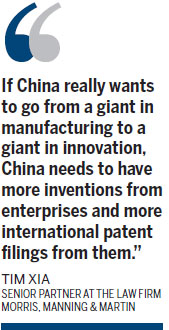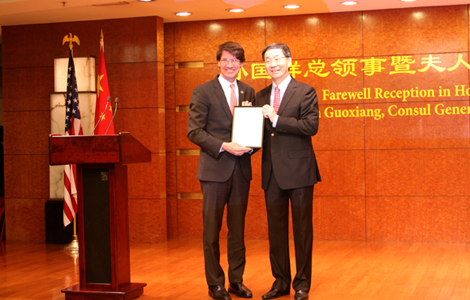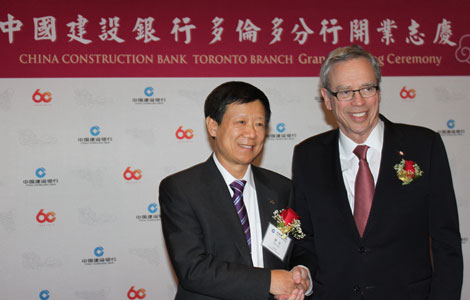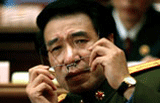China pumps out patents for new inventions
Updated: 2014-12-09 12:27
By Niu Yue in New York(China Daily USA)
|
||||||||

But experts say quality, type of patents need some improvement
China continues to be the world's patent leader but still needs to do more if it wants to compete internationally in innovation, according to a report released Monday.
The Thomson Reuters report Chinese Corporate Trends and Globalization for IP (intellectual properties), said China is "the global leader in patent application volume".
China published more than 620,000 invention-patent applications in 2013, over 200,000 more than the United States and around twice as many as Japan.
China has been the world's largest invention-patent filer since 2011, and Thomson Reuters estimates China will have over 900,000 invention patent applications by the year 2018, more than double the US.
It is in part driven by the government's ambitions to transform the economy from "Made in China" to "Created in China", said the report.
Meanwhile, "patent protection and enforcement in China have been getting much better. More and more people have realized the importance of patents," said Yangsheng Yu, a New York-based patent attorney with China Patent & Trademark Agent Ltd.
The Thomson Reuters report shows that invention-patent filers are increasingly from domestic companies, from slightly more than 50 percent in 2007, to around 80 percent in 2013.
"As more patents are issued in China, more can and will be litigated," said Christopher Griffith, a Chicago-based IP attorney with the law firm Leydig, Voit & Mayer, Ltd.
The number of cases more than doubled to over 10,000 per year from 2006 to 2013, based on data compiled by Rouse - an international firm specializing in IP services that contributed to the Thomson Reuters report - on 128 IP courts in 48 cities.
"The increased litigation also reflects China's increasing technical sophistication; the desire by companies to protect their valuable intellectual property; and the belief that the Chinese courts will properly enforce their patent rights against infringers," he said.
Ming Chow, a patent agent with Sinorica, a patent law firm based in Germantown, Maryland, told China Daily it was also because most of the filers want only to have a patent but have insufficient knowledge of the system.
"They select a patent firm based on who is the cheapest," Chow said. "It is obvious that the cheaper firm will spend less time in preparing the application," which makes the patent easier to challenge.
Patent quality also "depends on the technology sector considered, and the nature of the organizations conducting that innovation," said the report. China has almost 80 percent of global patents for alkaloid/plant exacts, but most of the patents in those fields are held by individuals rather than corporations or universities.
"A good and powerful patent portfolio usually includes hundreds or thousands of patents," Yu said. "It depends on not only enriched R&D resources but also experienced legal works. It is difficult for them (individuals) to compete with larger companies, particularly multinational companies."
Patent development in China is in step with China's development phase, according to Tim Xia, senior partner at the law firm Morris, Manning & Martin and the head of its IP practice and international practice.
"If China really wants to go from a giant in manufacturing to a giant in innovation, China needs to have more inventions from enterprises and more international patent filings from them," he said.
Lu Huiquan in New York contributed to this story.

 Across Canada Dec 10
Across Canada Dec 10
 Jack Ma in running for Time magazine Person of Year
Jack Ma in running for Time magazine Person of Year
 Linden Center hotel misses award
Linden Center hotel misses award
 China: New climate change fund 'market-based'
China: New climate change fund 'market-based'
 The best books of 2014
The best books of 2014
 Third panda triplet joins siblings and mother
Third panda triplet joins siblings and mother
 Diplomat's farewell
Diplomat's farewell
 China Construction Bank Toronto Branch Grand Opening Ceremony
China Construction Bank Toronto Branch Grand Opening Ceremony
Most Viewed
Editor's Picks

|

|

|

|

|

|
Today's Top News
Facebook may need a partner to get into China
BOC adds to China's portfolio of NY property
Watchdog goes online to fight graft
China Construction Bank Toronto Branch Grand Opening Ceremony
China: New climate fund to be 'market-based'
Former senior economic planning official sentenced to life in prison
HK police declare to clear remaining occupy sites
China to advance climate goals
US Weekly

|

|







